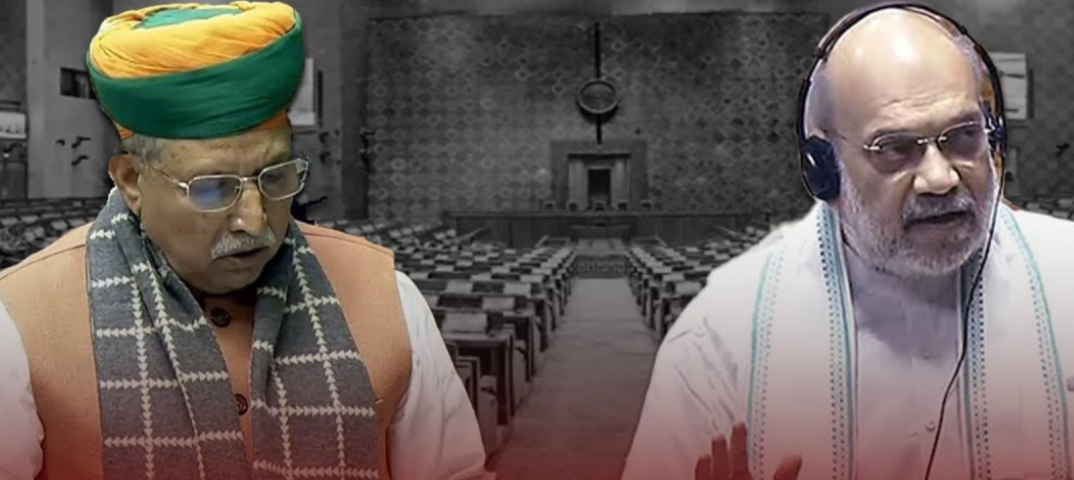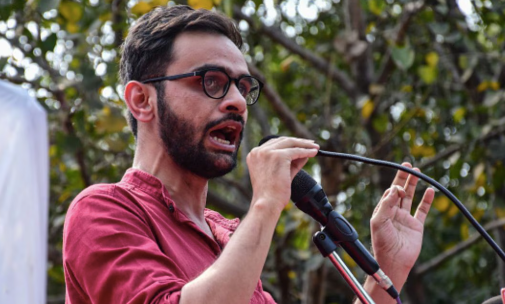Delhi: The ‘One Nation, One Election’ bill was brought to the Lok Sabha by the Indian Parliament on December 17, 2024. The bill aims to synchronize elections at all political levels in India, namely, the Lok Sabha, State Assemblies, and the local bodies. This Initiative intends to focus on the electoral processes, expenditure, and effectiveness of governance. The bill was presented by the Law Minister Mr. Arjun Ram Meghwal. under PM Modi’s Cabinet. It survived its first stage with 269 votes voting in favor of it and 198 voting against it.
Nonetheless, the bill’s introduction took a significant blow after nearly 20 BJP lawmakers including Union Ministers Nitin Gadkari, Jyotiraditya Scindia, and Giriraj Singh were absent. The Bharatiya Janata Party (BJP) in a three-line whip asked all MPs to attend the introduction of the bill. The unexplained absences have raised concerns about party discipline and adherence to directives. As such, the BJP is preparing to issue notices to absentee MPs for violating the party’s instructions.
There are arguments in favor and against the ‘One Nation, One Election’ proposal. While those in support of the proposal argue that it will result in cost and time effectiveness as well as efficiency in administration. Those against the proposal are concerned that carrying out synchronized elections in every state of the country will lead to negative consequences especially due to the political diversity each state presents. To address these concerns, the bill also proposes the formation of a joint committee of Parliament to deliberate on its implementation, with Priyanka Gandhi and Shrikant Shinde likely to be included as members. The bill’s passage in the Loksabha marks a significant step toward realizing this electoral reform. However, it still requires approval from the Rajya Sabha and ratification by a majority of state assemblies to become law.
In a related development, Union Home Minister Amit Shah argued that the BJP’s commitment to enforce the provisions of the Uniform Civil Code in every state under its governance. He noted that the BJP government will bring the UCC in every state. This shows the party’s commitment to uniformity of personal laws. Shah criticized the Congress party for its approach towards Muslim personal law, accusing it of appeasing politics and urging the party to come out open with its position on the relevant law for all religions in a secular country.
The BJP’s push for the UCC aims to establish a uniform set of laws governing personal matters such as marriage, divorce, and inheritance, irrespective of religious affiliations. This initiative aligns with the party’s broader agenda of promoting national integration and equality. However, the proposal has faced criticism from various quarters, including religious groups and political opponents, who argue that it may infringe upon religious freedoms and cultural diversity. The execution of the UCC would require extensive consultations and consensus-building to address the diverse perspectives and concerns of India’s pluralistic society.






